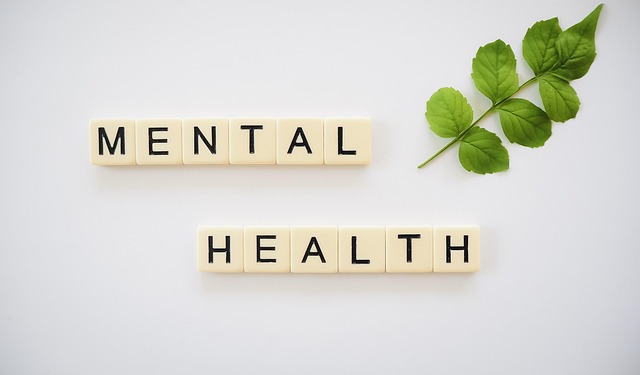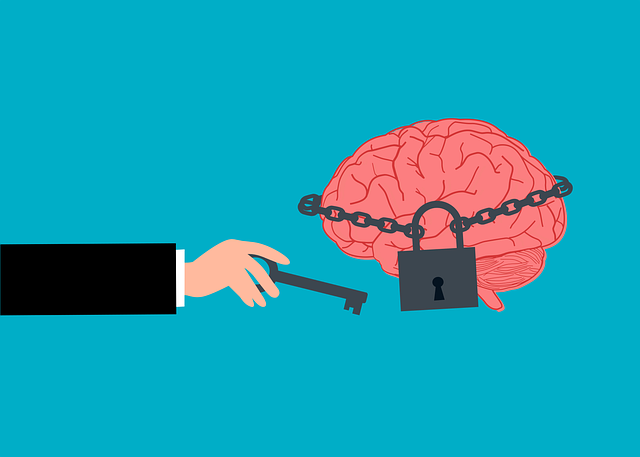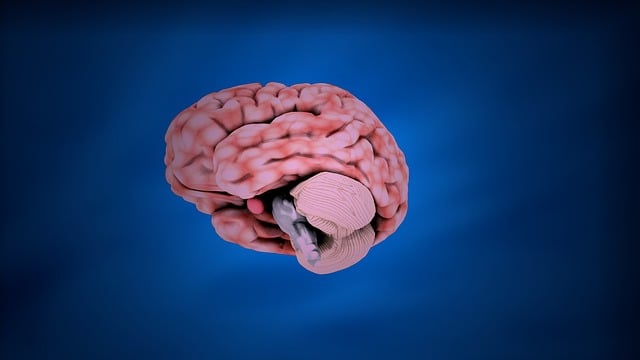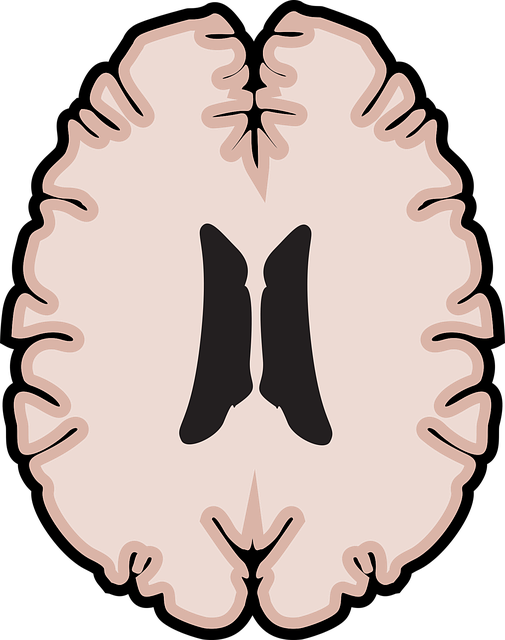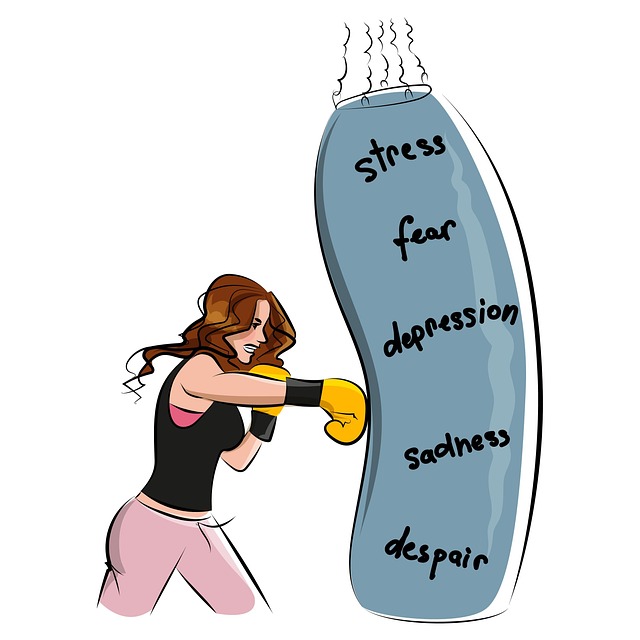Centennial Family Counseling Therapy promotes self-care as a holistic practice encompassing mind, body, and spirit. By recognizing individual needs and prioritizing well-being, clients build resilience against life's challenges, leading to increased contentment and purpose. Their tailored approach includes workshops, seminars, and risk management planning to empower individuals with emotional well-being techniques. Integrating mindfulness, stress management, and healthy lifestyle choices fosters inner strength, enhances overall well-being, and improves stress level control, benefiting both personal and professional life. Centennial Family Counseling Therapy emphasizes the connection between physical health, mental well-being, and building robust social support systems for effective coping and preventing burnout.
“Enhance your well-being with a transformative journey into self-care at Centennial Family Counseling Therapy. This comprehensive guide explores foundational practices for holistic health, emphasizing the importance of understanding individual needs. Discover strategies to identify and prioritize personal goals, integrate mindfulness, and manage stress effectively. From nurturing physical health through sleep, nutrition, and exercise to building resilient coping mechanisms and fostering social support, each step offers a path to improved self-care and overall well-being.”
- Understanding Self-Care: The Foundation for Well-being
- Identifying Personal Needs and Priorities at Centennial Family Counseling Therapy
- Integrating Mindfulness and Stress Management Techniques
- Nurturing Physical Health: Sleep, Nutrition, and Exercise
- Building Resilient Coping Strategies and Social Support Systems
Understanding Self-Care: The Foundation for Well-being

Self-care is a fundamental aspect of maintaining and enhancing overall well-being, serving as the cornerstone for a healthy and fulfilling life. At Centennial Family Counseling Therapy, we recognize that it’s not just about taking time for yourself but understanding what truly nourishes your mind, body, and spirit. This involves recognizing your unique needs and adopting practices that promote balance and harmony within. By prioritizing self-care, individuals can build resilience against life’s challenges, fostering a deeper sense of contentment and purpose.
The concept goes beyond mere relaxation; it encompasses a set of Mind Over Matter Principles that empower individuals to take charge of their mental and emotional health. Public Awareness Campaigns Development has played a crucial role in shedding light on the importance of self-care, encouraging people to prioritize their well-being. Stress Reduction Methods, such as mindfulness, exercise, and quality sleep, are integral parts of this journey. Through these practices, one can discover what brings them peace, joy, and energy, creating a personalized roadmap for sustainable self-care habits.
Identifying Personal Needs and Priorities at Centennial Family Counseling Therapy

At Centennial Family Counseling Therapy, we recognize that self-care is not a luxury but an essential aspect of overall well-being. Identifying personal needs and priorities is the first step in our holistic approach to mental health care. Our dedicated therapists work closely with each client to help them navigate their unique circumstances and discover what brings them true happiness and fulfillment. This process involves exploring individual preferences, values, and aspirations, ensuring that self-care practices are tailored to meet specific emotional and psychological needs.
Through our Community Outreach Program Implementation, we organize workshops and seminars focused on Emotional Well-being Promotion Techniques. These sessions empower individuals to understand their triggers and develop healthy coping mechanisms. Additionally, our risk management planning for mental health professionals ensures a safe and supportive environment, enabling clients to share openly and work towards personal growth.
Integrating Mindfulness and Stress Management Techniques

Integrating mindfulness and stress management techniques is a powerful approach to enhancing self-care practices, as advocated by Centennial Family Counseling Therapy. These practices are essential tools for mental health professionals to cultivate inner strength development, which can significantly impact their overall well-being. By incorporating mindfulness into daily routines, professionals can reduce stress levels and improve their ability to manage challenging situations effectively.
Mindfulness encourages individuals to stay present and focused on the here and now, rather than dwelling on past events or worrying about the future. This practice, combined with specific stress management techniques, enables professionals to assess risks more objectively during intense moments. Through regular engagement in these activities, they can enhance their resilience, allowing them to navigate high-stress scenarios with greater composure and clarity, ultimately benefiting both personal and professional life.
Nurturing Physical Health: Sleep, Nutrition, and Exercise

Nurturing Physical Health is a cornerstone of any comprehensive self-care routine, and it forms the basis for better mental well-being. At Centennial Family Counseling Therapy, we emphasize the interconnectedness of mind and body, recognizing that physical health significantly influences our emotional state. Adequate sleep, for instance, isn’t just about feeling rested; it plays a pivotal role in managing stress levels and preventing depression. Similarly, nutrition supports not only bodily functions but also boosts brain chemistry, which can positively impact mood and mental clarity.
Regular exercise acts as another powerful tool in the self-care arsenal. Physical activity releases endorphins, often referred to as “feel-good” hormones, that alleviate stress and anxiety. Incorporating a mix of cardiovascular exercises, strength training, and mindfulness practices like yoga or meditation into your routine can contribute to a robust Self-Care Routine Development for Better Mental Health. These activities not only enhance physical fitness but also foster a deeper sense of calm and resilience, ultimately promoting overall well-being.
Building Resilient Coping Strategies and Social Support Systems

Building resilient coping strategies and strong social support systems are essential components of self-care practices improvement, as highlighted by Centennial Family Counseling Therapy. Resilient coping strategies help individuals navigate through life’s challenges and stress with greater ease. Through techniques like mindfulness, stress management, and healthy lifestyle choices, people can prevent burnout and foster mental well-being.
Social support from family, friends, and community plays a pivotal role in this process. Engaging in open communication, practicing conflict resolution techniques, and participating in social skills training can strengthen relationships and create a robust safety net. This network provides emotional backing, practical assistance, and a sense of belonging, thereby enhancing one’s ability to cope with life’s ups and downs effectively.
In conclusion, improving self-care practices is a holistic journey that involves understanding our foundational well-being, recognizing personal needs, integrating mindfulness, nurturing physical health, and building resilient coping strategies. As discussed in this article, Centennial Family Counseling Therapy offers valuable insights into navigating these aspects. By prioritizing self-care, we not only enhance our individual resilience but also strengthen our relationships and overall quality of life. Remember that small consistent steps can lead to significant changes, fostering a more balanced and fulfilling lifestyle.



